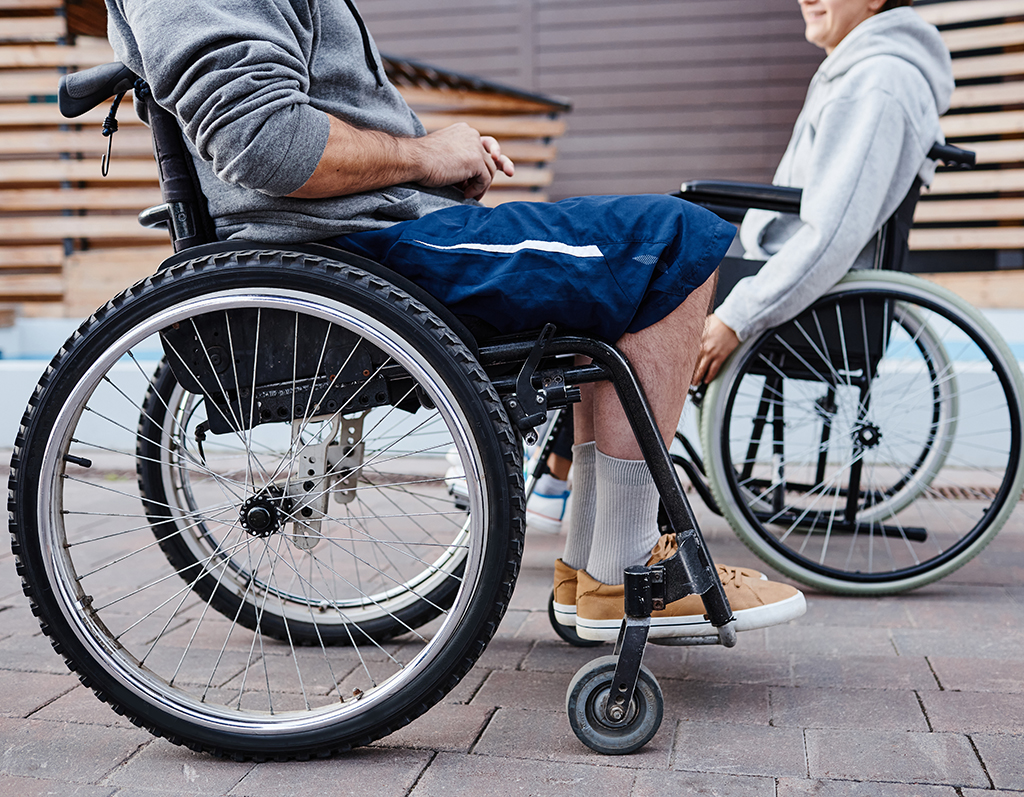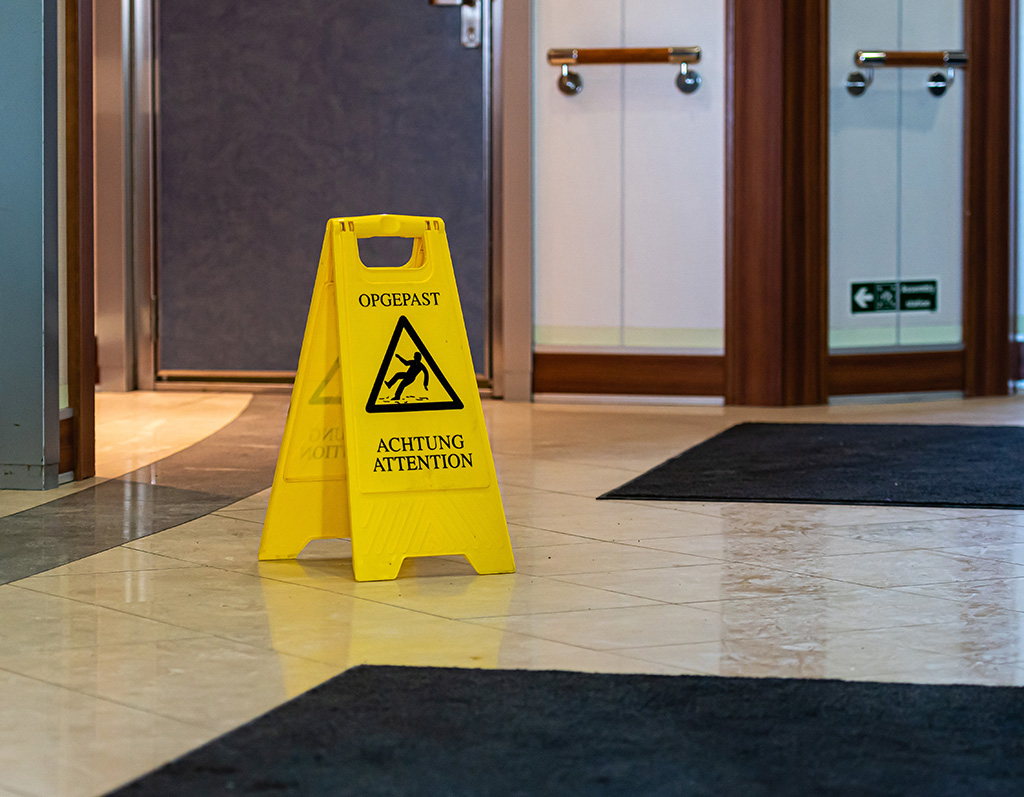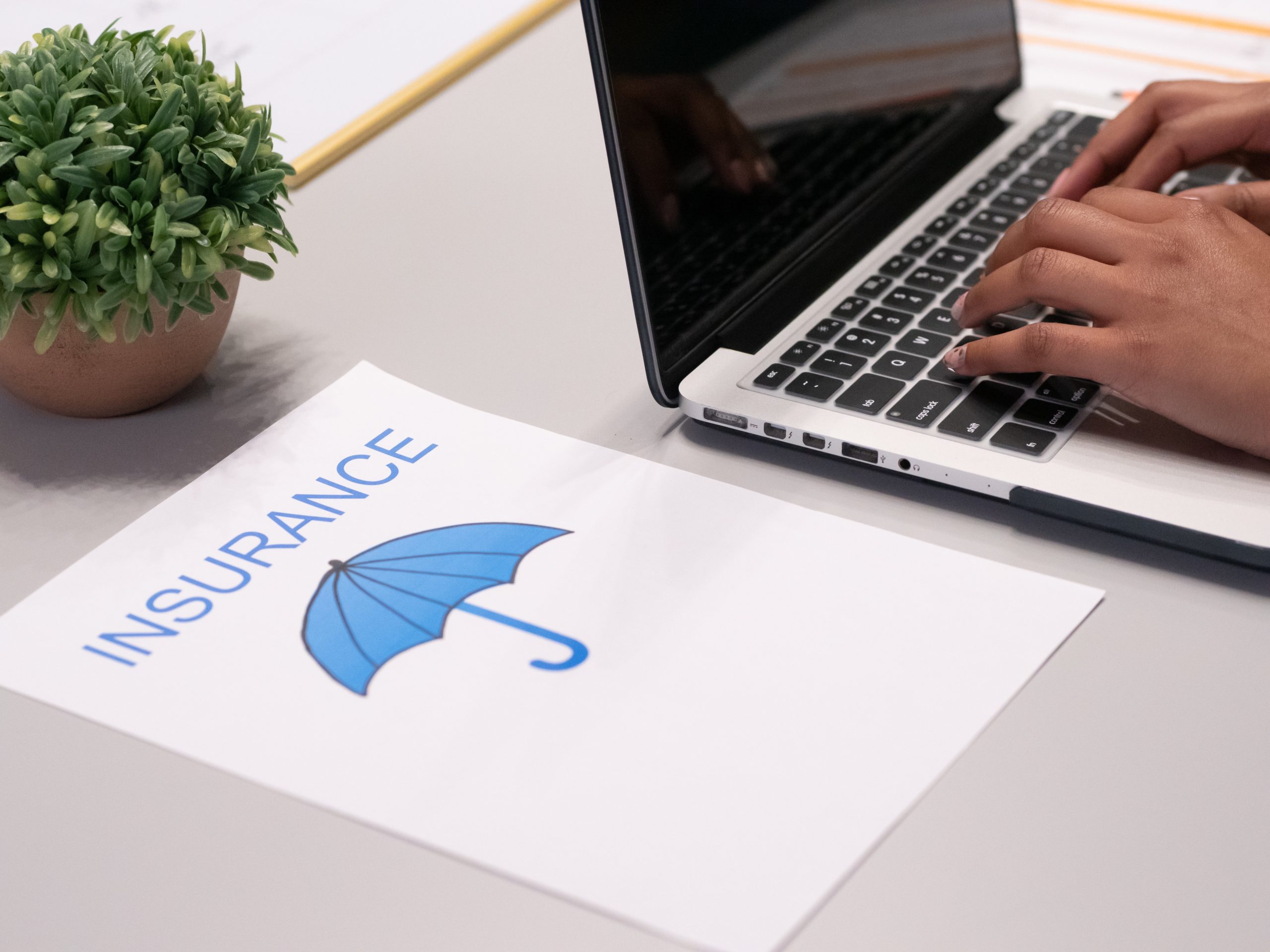A workplace injury is any type of injury that occurs while an employee is on the job, whether it happens at the employer’s physical location or while the employee is working remotely. These injuries can be physical, such as cuts, burns, or broken bones, or they can be mental, such as stress, depression, or anxiety.
Yes, stress and mental health issues can lead to workplace injuries. Stress and mental health issues can impact an employee’s ability to focus, make decisions, and react quickly, which can increase the risk of accidents and injuries on the job. Prolonged stress can also lead to physical health issues such as headaches, muscle tension, and heart disease, which can further increase the risk of injuries. Additionally, mental health issues like depression, anxiety, and post-traumatic stress disorder can result from jobs that are naturally more stressful than others. If not treated, these conditions can have serious effects on a person’s overall health and can cause accidents or injuries.
In order to maintain a safe working environment, employers must address and prevent stress and mental health issues that could result in workplace injuries. It can be accomplished by providing mental health resources and employee assistance programs or by encouraging employees to take breaks and practice self-care. Additionally, employers should be aware of the symptoms of stress and mental health issues and assist employees who may be struggling. If it is proven that stress at work caused an injury to an employee, the employee may be eligible for workers’ compensation benefits. However, it’s important to note that each state has its own workers’ compensation laws and regulations, so the process and the eligibility of benefits can vary.
Here are some steps that an employee can take in this scenario:
File a claim: If an employee is unable to work due to an injury caused by stress at work, they may be eligible for workers’ compensation benefits. They should contact their employer or the company’s human resources department to find out how to file a claim.
Collect evidence: The worker should collect any relevant evidence, such as medical records, doctor’s notes, and documentation of the stressful events at work, to back up the claim.
Consult an attorney: An employee might want to talk to a lawyer who is familiar with the workers’ compensation laws and regulations in their state if they are having trouble filing a claim or if they have any questions or concerns.
It’s important to note that some states may have specific laws and regulations regarding stress-induced injuries, so it’s always best to seek legal advice from an attorney who is familiar with the laws in your state.
Moreover, here at Darfoor Law Firm, we will not just represent you, but also understand you. We know how difficult it is what you’re going through. We want to help and we care for you.
Contact us at 1-833-DARFOOR and we are always at your legal service.










